Kevin Spacey, #MeToo, And The Problem Of Gay Shame
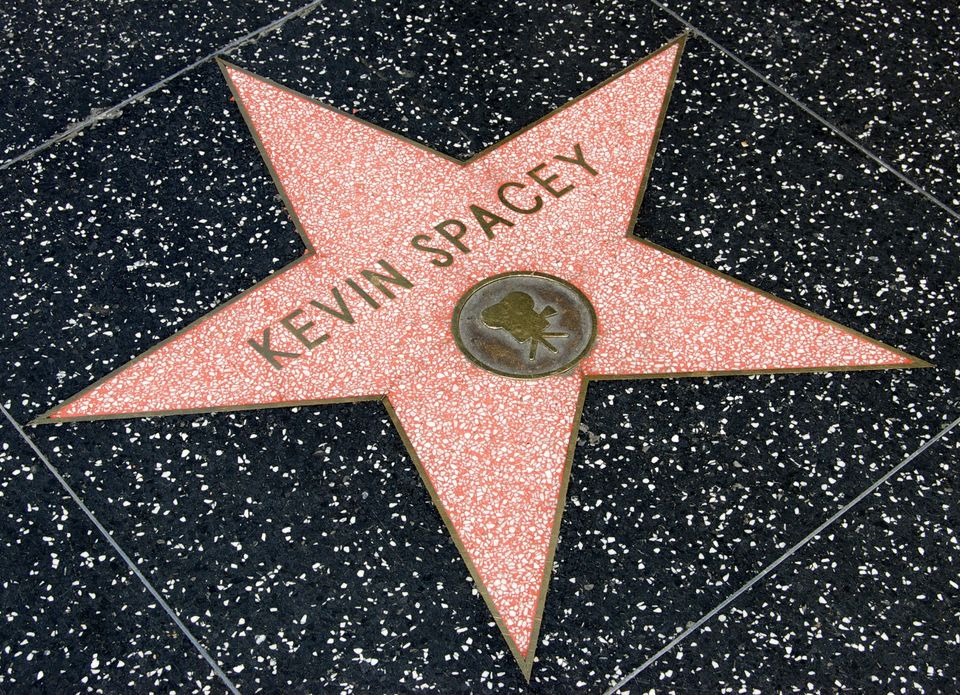
“As those closest to me know, in my life I have had relationships with both men and women. I have loved and had romantic encounters with men throughout my life, and I choose now to live as a gay man. I want to deal with this honestly and openly and that starts with examining my own behaviour.”
The above is Kevin Spacey’s response to Anthony Rapp’s accusation of unwanted sexual advances by Spacey when he was 14-years old.
The challenging aspect of this article, for me, is to create an empathetic discussion about the potential “origins” of Spacey’s behaviour.
What I ask of you is to read through with an open mind. I am not condoning Spacey’s behaviour whatsoever.
When this news first broke I had hoped it would be a single incident. Unfortunately it wasn’t. Spacey clearly made unwanted sexual advances on men, underage men, and women; allegations which span decades.
The Upset Over His Coming Out
It’s good Spacey finally came out publicly. It’s good that he admitted wrongdoing.
But what I find extremely problematic and complicated is how people have reacted to his explanation and reason for finally coming out.
It may be he chose to spin his coming out as a way to deflect from the larger issue of sexual abuse/violence against others.
It may be that he thinks his repressed homosexuality is part of the reason for what he did.
The Problem May Be Rooted In The Closet Of Shame
Gay shame is a complicated psychological issue.
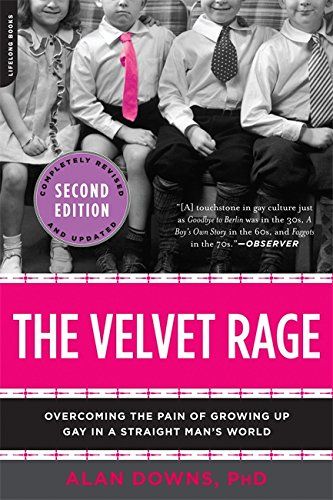
According to Alan Downs, author of The Velvet Rage, gay shame stems from a lack of authentic validation. During adolescence everyone you know is discovering their heteronormative sexuality and receiving positive reinforcement, except for the young gay man.
Boys date girls, girls date boys. No exception.
In my case, I never dated, or went out publicly with a man, until after I left high school. But I got to witness the other boys my age dating, interacting, and flirting with girls, including all the usual dry humping and kissing that goes on at teenage parties in someone’s parent’s basement. I even went so far as to make up complicated reasons for why I hadn’t “done it” yet.
What’s happening during this period of adolescence is sexual identity validation.
Boys and girls are learning how to interact on a sexual level with members of the opposite sex. Their friends, parents, media and culture tells them they are good and valid for acting in that way.
All except for the LGBTQ person on the margins, the silent, non participant.
How does this affect the individual growing up without validation?
“If you hold the fundamental assumption of shame that you are critically flawed, how would you cope with this?”
One part of the young man grows into an adult, but without authentic validation, he will be forever chasing affection, approval, and the attention of others. Interesting to note that Spacey chose a career in acting. Where else can you can that much admiration?
Downs explains the manner in which a gay man handles shame. There are three stages.
- Overwhelmed by shame: “that period of time when he remained in “the closet” and fearful of his own sexuality.”
- Compensating for shame: “the gay man’s attempt to neutralize his shame by being more successful, outrageous, fabulous, beautiful, or masculine.” These behaviours are undertaken in the hopes of feeling less shameful.
- Cultivating authenticity: this is when the gay man moves out of the first two stages “to build a life that is built upon their own passions and values rather than proving to themselves that they are desirable and lovable.”
Depending on the stage of shame the gay man is experiencing, he may still be trying to discover who he is at a level that is more on par with that of an adolescent.
Essentially, Kevin Spacey never had a chance to fully authenticate his identity as a happy and content gay man. That’s not to excuse his behaviour of abusing men sexually, especially underage men. But back up for a moment long enough to see the complicated psychological issues at play, including the intersections of power that might be the root of his actions.
The Power-Factors At Play In Kevin Spacey‘s Life
Power Position #1: Spacey is a white male.
Power Position #2: Spacey (was) a highly respected actor in Hollywood, and as a result,
Power Position #3: Spacey has great financial wealth, thanks to his acting career, thus increasing his privilege.
Other than being born into a wealthy (elite) American family, Hollywood appears to be the second level down aristocracy in the United States.
One of the massive power conflicts in Spacey’s life were the rules of Hollywood: if you’re gay, keep it to yourself.
Side note: this is becoming something of the old generation as there are now more, younger, out and successful gay actors.
But the very public nature of being an actor limits one’s freedom. In Spacey’s case, he might have been out to those in the know, but remaining in the closet is still a form of shame that has psychological consequences.
We Wanted Him To Be One Of Us
On one level I feel very sympathetic for Spacey. I’m sure many of us wish he could’ve been a role model and come out much sooner in life.
I have to ask the hypothetical question:
If Spacey had come out, or been out at the beginning of his acting career, and was fortunate enough to still become a successful actor, would any of this sexual abuse have happened?
There’s no way we can predict one way or another what would’ve happened. The power and privilege of being a white male in Hollywood might still have lead him down the exact same path.
Fame And The Closet
To close, let’s consider another example, another situation of someone’s actions as a result of lacking authentic validation and dealing with gay shame: the late George Michael.
If you do a Google search you will come across the number of times he was arrested for public indecency,getting caught having sex in bathrooms.
Why would someone as famous and celebrated and George Michael risk his safety and his closet by having sex in a public bathroom?
It all comes back to shame and not feeling validated.
“The ability to derive internal satisfaction and contentment didn’t emerge from our adolescence as it should have. Instead, we sputtered along looking to others for the confidence and well-being that we needed to protect ourselves from being overcome with shame. What normally becomes an internal, self-sustaining process of self-validation in the healthy, young adult remained infantile within us, and we instead became sophisticated in the ways of coercing acceptance from the world around us.”
All that power, all that money, all that fame, and the incredibly public nature of Michael’s celebrity created an identity struggle. How could he express himself sexually, or have any form of intimacy with another gay man, while being a public figure who still lived in the closet?
#MeQueer
I hope Kevin Spacey gets the help he needs to overcome his shame. I hope that the people who have accused him of assault receive the means needed to help them heal.
The #MeToo movement is helping dissolve the foundations of those with immense power and privilege. It’s nothing short of an evolution of humane rights.
We have a long way to go
We need to be very careful of maintaining the ethical construct of innocent until proven guilty.
But we have more than a single power structure to disable.
The power of the closet is reinforced by heteronormativity. Gay shame is part of a much larger, and far more complex power structure than individuals in power positions, like actors and movie producers.
All quotations from, Downs, Alan. The Velvet Rage: Overcoming the Pain of Growing up Gay in a Straight Man’s World. Da Capo Lifelong, 2012.

Image Source
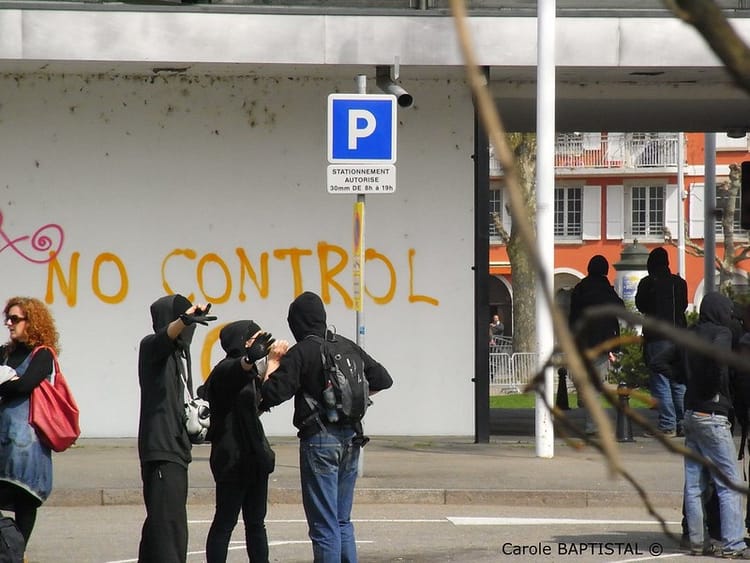

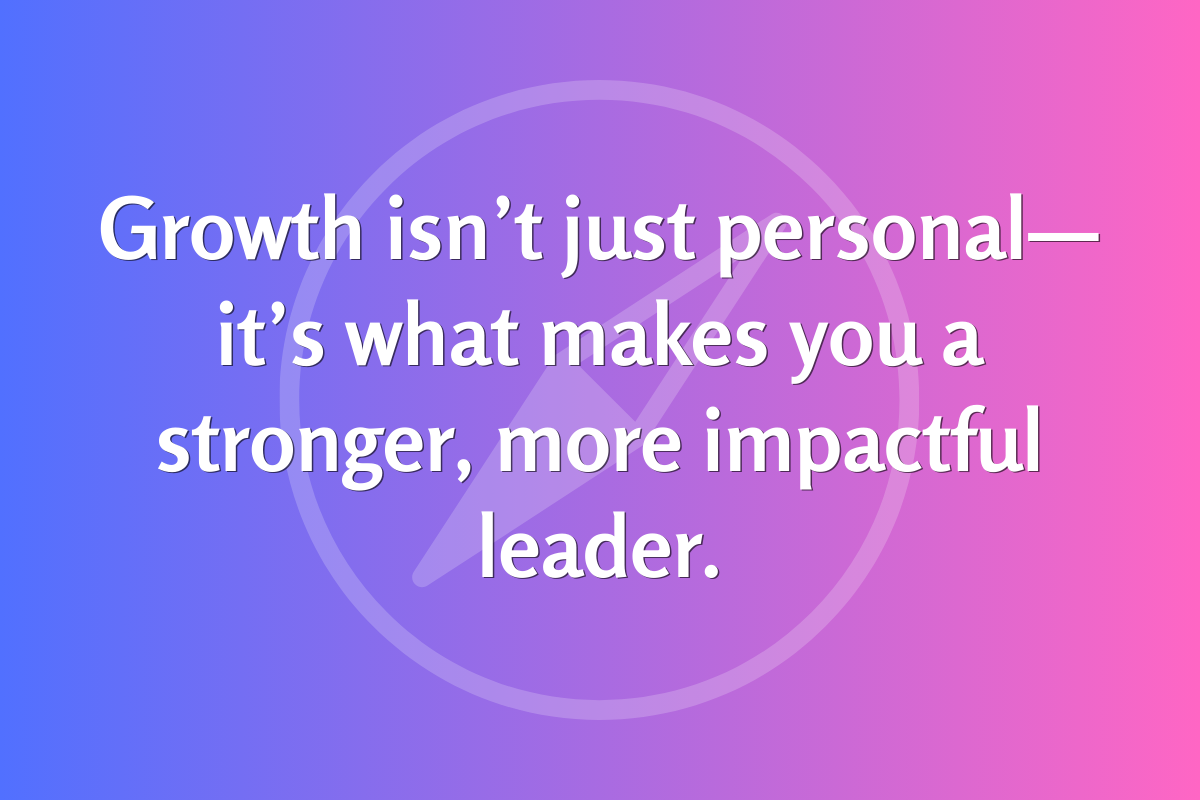
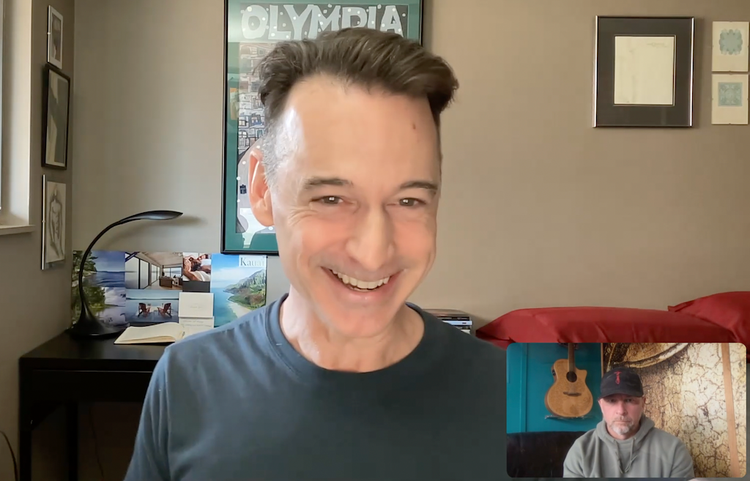

Member discussion